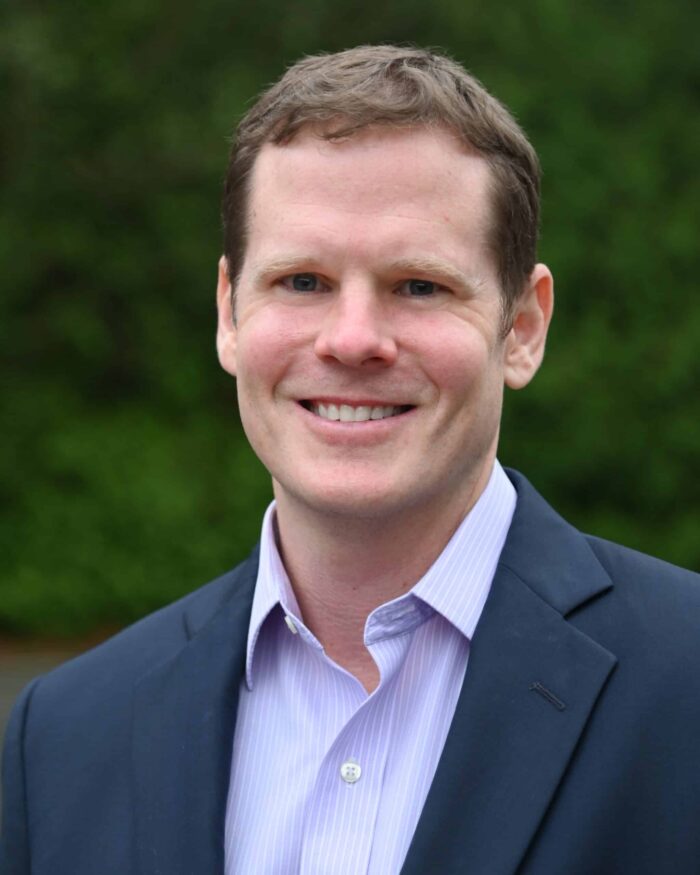
Board Member
Christopher Poulos is an attorney, speaker, writer, and consultant. He currently serves as the Executive Director of the Center for Justice and Human Dignity and has served as the Executive Director of the Washington Statewide Reentry Council. Poulos also developed a course on drug law and policy that he taught at Seattle University School of Law. He regularly speaks and writes about his path from addiction and incarceration to college, law school, the White House and beyond. His work and personal story have been featured on The Today Show and in The Guardian, The New York Times, Washington Post, NBC News, The Hill, Crosscut, The Epoch Times and The Harvard Law and Policy Review. Poulos was selected as one of Portland Magazine’s “Most Intriguing People” and as “Law Student of the Year” by National Jurist Magazine.
Prior to his appointment to the Reentry Council, he served as Executive Director of Life of Purpose Treatment at the University of North Texas, where he was also an Adjunct Professor of Criminal Justice. During law school, he served at the White House Office of National Drug Control Policy and The Sentencing Project. Poulos has advised United States Senator Angus King (I-Maine) on addiction and justice policy and served on several national, state, and local task forces related to criminal justice policy. He graduated cum laude from the University of Maine School of Law, where he was President of the American Constitution Society and represented children facing criminal charges as a student attorney in the Juvenile Justice Clinic.
Poulos is a national leader in criminal justice policy and addiction recovery. He has spoken to diverse organizations across the United States – including federal prisons, large nonprofits, universities, and addiction recovery organizations. He also provides consulting on criminal justice policy, overcoming challenges and adversity, and addiction recovery.
Prior to law school, Poulos overcame many obstacles, including tragic family losses, addiction, homelessness, and a federal incarceration. He now dedicates his life to helping others overcome or avoid similar challenges and he supports a public health-based approach to addiction. His work promotes equal access to the law and seeks to end mass incarceration and the collateral consequences now facing the tens of millions of people with criminal convictions.
